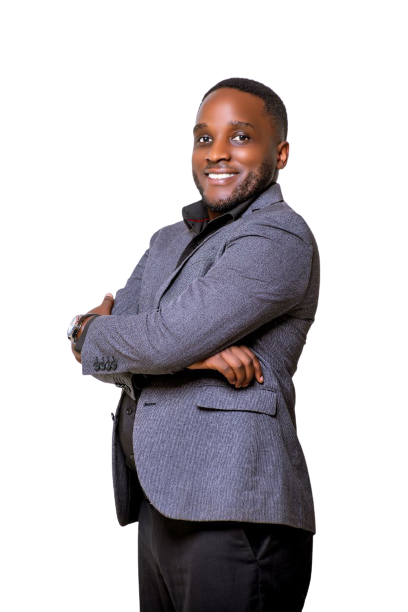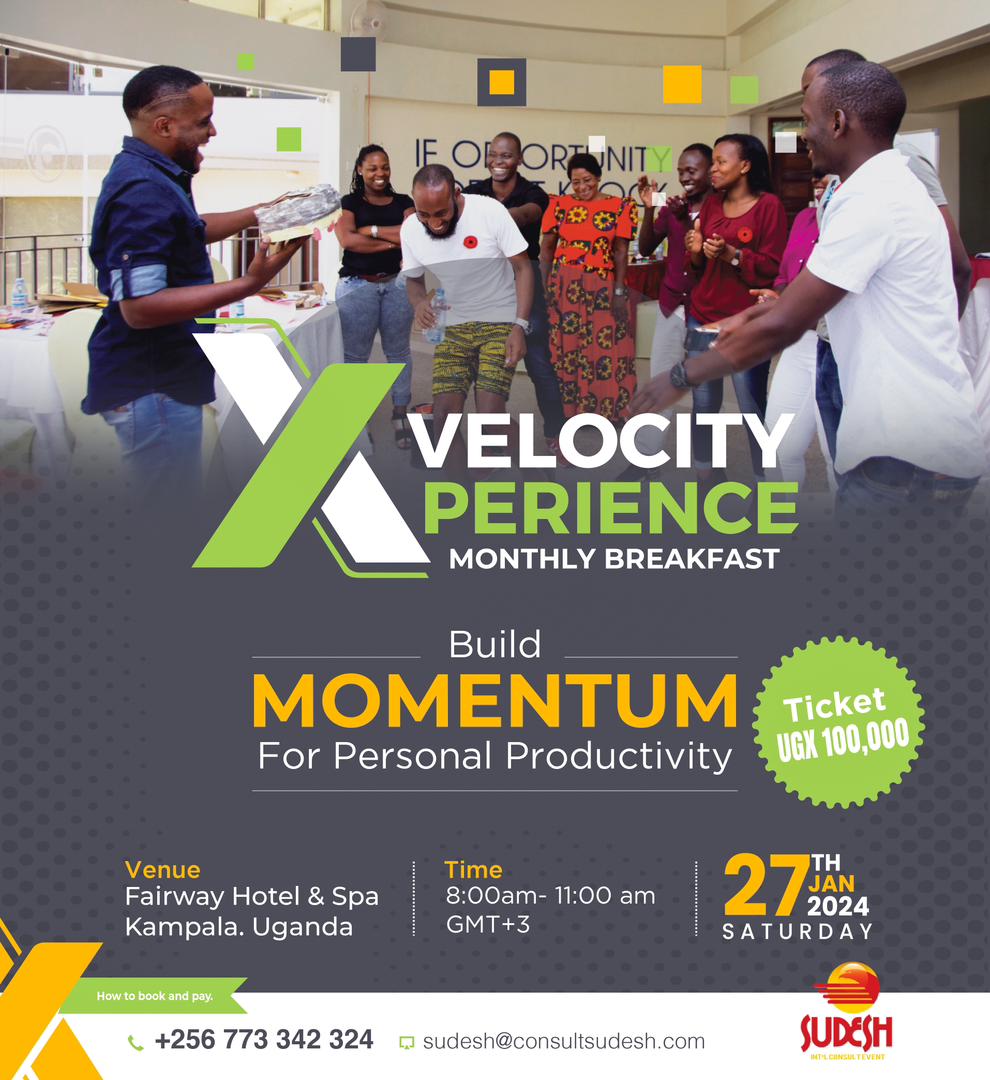Our education tradition and thinking culture have always emphasized reactive thinking. At school, a problem is set out for us, and we react to the situation and solve the problem. You go to work, reacting throughout the day,a you start to work; sign contracts, attend orientation, and work based on a job description and team chosen for you.
In our critical frame of mind, we examine something being presented and react to it. As problem-solvers we receive the problem and we set out to solve it. You’re even rewarded as an employee of the month for being a problem solver.
Now that you’re comfortable, your brain tells you, “Start a business you won’t be here forever” Since you’re at work most of the time your friend tells you about this idea of importing rice from Tanzania. Being a smart guy, you know the margins. You even taken leave to see how it works. Boom! You make money off the fast delivery.
All over a sudden you became a great employee and great entrepreneur or so you think. You withdraw money from your unit trust and invest it all in the rice project. The prospective returns are good. Five months down the road you lose money. “I have invested lots of money in this business why do I stay on a job?” Within a month you have put in your resignation to go and attend to your business.
Two years down the road your savings are depleted and you’re running a broke business. With no insight or foresight the future looks bleak. “I have my MBA or CPA and was making at-least $1,500 net. I think it’s time to go back. Small business is not for me”
It’s year three and you’re back into employment. Your savings are gone and your level of stupidity has gotten worse. Why? You think you know why you failed but you don’t. Reactive thinking never creates entrepreneurs. The problem is your thinking. You approached business as a job and got your fingers burnt.
Entrepreneurship espouses projective thinking. A projective thinker may only have a starting point and a general direction. He then sets out to do something. It may be an exercise in design or creativity or entrepreneurship or project-development. He has to find his own way and generate his own information. This is not set out for him as it is in a textbook problem at school.
I was privileged to learn projective thinking at home from a young age. When I went to primary school I noticed something I recently learnt is called the ‘Everest’ effect. It was mostly in gifted children. They are used to being stretched by difficult problems that are put in front of them. These problems are of the reactive type: the children are required to use the information given to arrive at an answer, just as a mountain stands in front of the climbers and is ready to be climbed, so the problem stands in front of the children.
They are good at tackling such problems – and the higher the mountain, the more the sense of achievement (hence the term Everest effect). But the same children may be very superficial and weak at tackling quite simple problems where the information is not given, but where they have to exercise a projective thinking faculty which they have not developed.
Many good academic thinkers are poor projective thinkers. They react to a given situation but they can not create for themselves the situation in which to make decisions or take action. Activities as the assessment of priorities, generating ideas, selecting alternatives, guessing and strategy are all part of projective thinking but not part of reactive thinking.
The result is that many of our best brains are locked up in a limited thinking idiom through this early diversion of their talent towards reactive thinking and away from projective thinking. Projective thinking is also constructive thinking.
Our management training schools fall into the same trap. We train managers to be problem-solvers rather than opportunity-finders. We train them to run an organisation smoothly and to cope with the problems that arise from time to time. They are to be car mechanics not car designers. We train managers and not entrepreneurs. We train administrators and not system architects.
How then are the systems to change and improve? By correction of faults, by reaction to protest and through the evolutionary pressure of circumstances. This is a very poor route of improvement when contrasted with positive design.
The clever person is the reactive thinker: he can solve brain teasers and play chess well, and will probably pass the civil service exam. He will write pungent criticisms and perceptive reviews. He will generate his political momentum by following one ideology or opposing another. The wise person is the projective thinker. He will build situations in his mind. He will enlarge his perceptions and alter his perceptions. He will be an entrepreneur, a designer, a creator and a leader.
The wise person does not always have to be active but he does bring to a situation much more than is immediately provided by it.









1 thought on “Why Most Employees Flank Entrepreneurship”
This is great information. Self reflection mode activated.